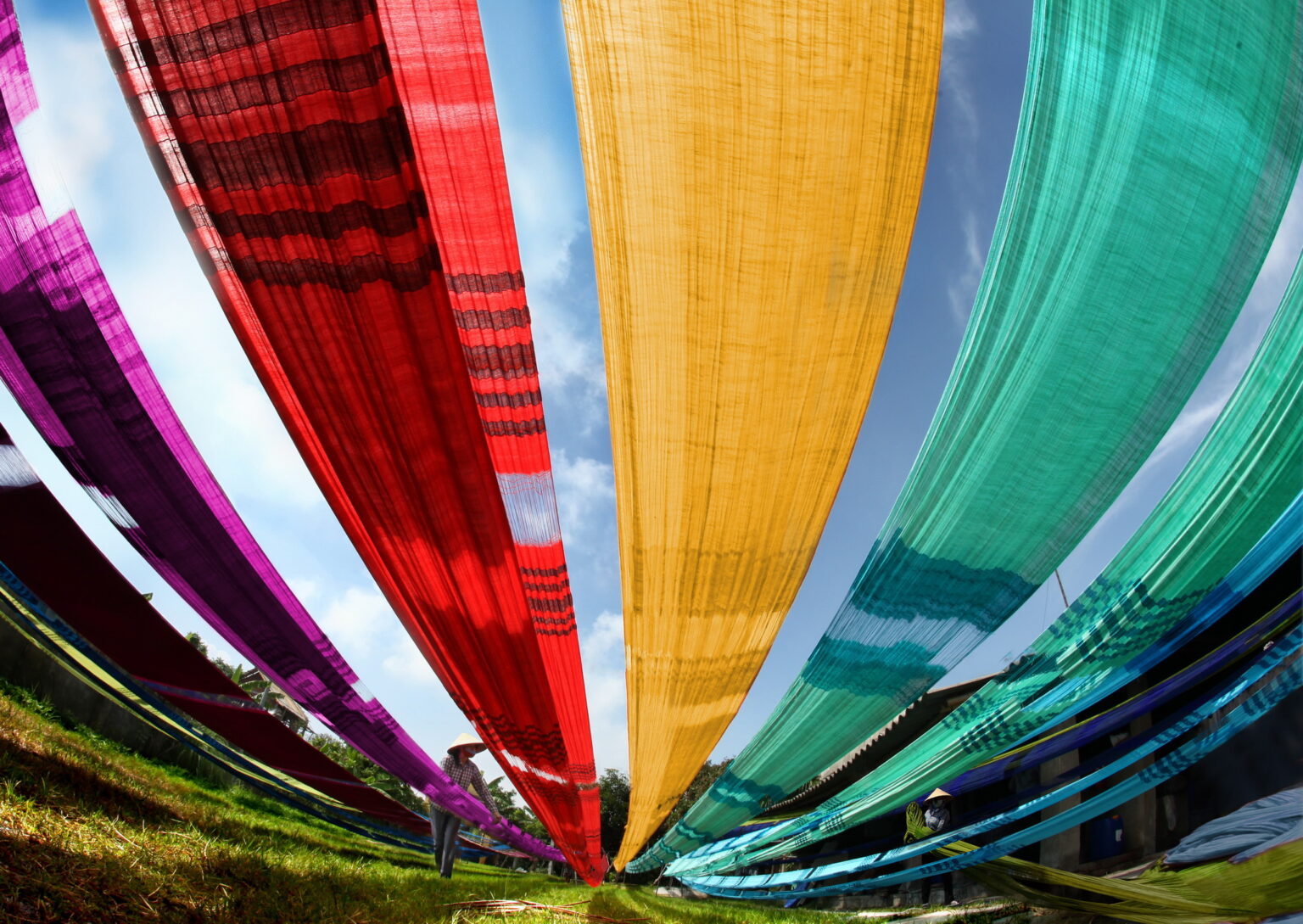Vietnam silk is more than just a fabric. It is a legacy, a national identity, and a symbol of beauty that has withstood the test of time. From royal courts of ancient dynasties to contemporary fashion runways, Vietnam’s silk industry weaves together history, craftsmanship, and cultural pride.
While often overshadowed by the prominence of Chinese or Thai silk in global markets, Vietnam silk possesses a uniqueness and charm that continues to captivate artisans, designers, and travelers worldwide. In this comprehensive guide, we explore the world of Vietnam silk — from its ancient origins to its present-day revival — and why it deserves global recognition.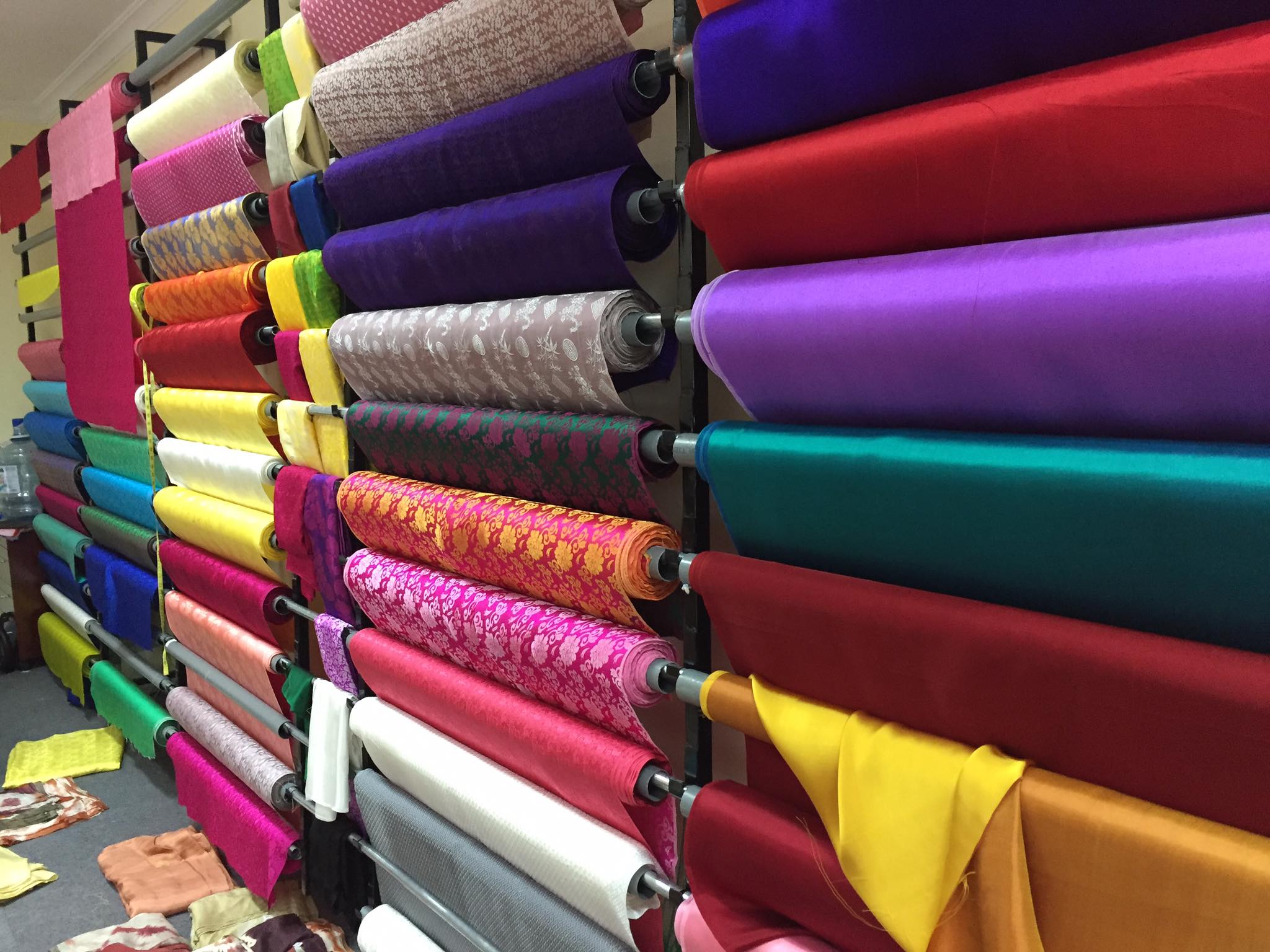
1. A Glimpse Into the History of Vietnam Silk
Silk weaving in Vietnam traces back over 2,000 years, with early records from the time of the Hùng Kings — the mythical founders of Vietnam. During feudal times, silk was considered a precious luxury, primarily reserved for the aristocracy and royal families.
In the 13th to 19th centuries, silk was a valuable export product traded with neighboring kingdoms and European merchants through ancient trade routes, including the legendary Silk Road. Vietnamese silk was not only admired for its softness and sheen but also for its symbolism — representing wealth, grace, and tradition.
2. Why Vietnam Silk Is Unique
Vietnam silk holds several characteristics that differentiate it from its global counterparts:
2.1. 100% Mulberry-Based Silk
The majority of Vietnam silk is made from natural mulberry silk, considered among the softest and most breathable fibers in the world.
2.2. Handcrafted Heritage
Unlike industrial silk production in some countries, many Vietnam silk products are still hand-spun and woven by skilled artisans. This ensures intricate patterns and authentic textures that mass production simply can’t replicate.
2.3. Eco-Friendly and Naturally Dyed
Vietnamese artisans traditionally use natural plant-based dyes, contributing to sustainable and non-toxic production practices. Earthy colors such as indigo blue, turmeric yellow, and ebony black are common in traditional Vietnamese silk.
2.4. Cultural Expression
Silk garments in Vietnam often incorporate ethnic motifs and folkloric symbols, especially in traditional clothing like the áo dài. These designs reflect Vietnam’s diverse cultural tapestry, from the northern highlands to the Mekong Delta.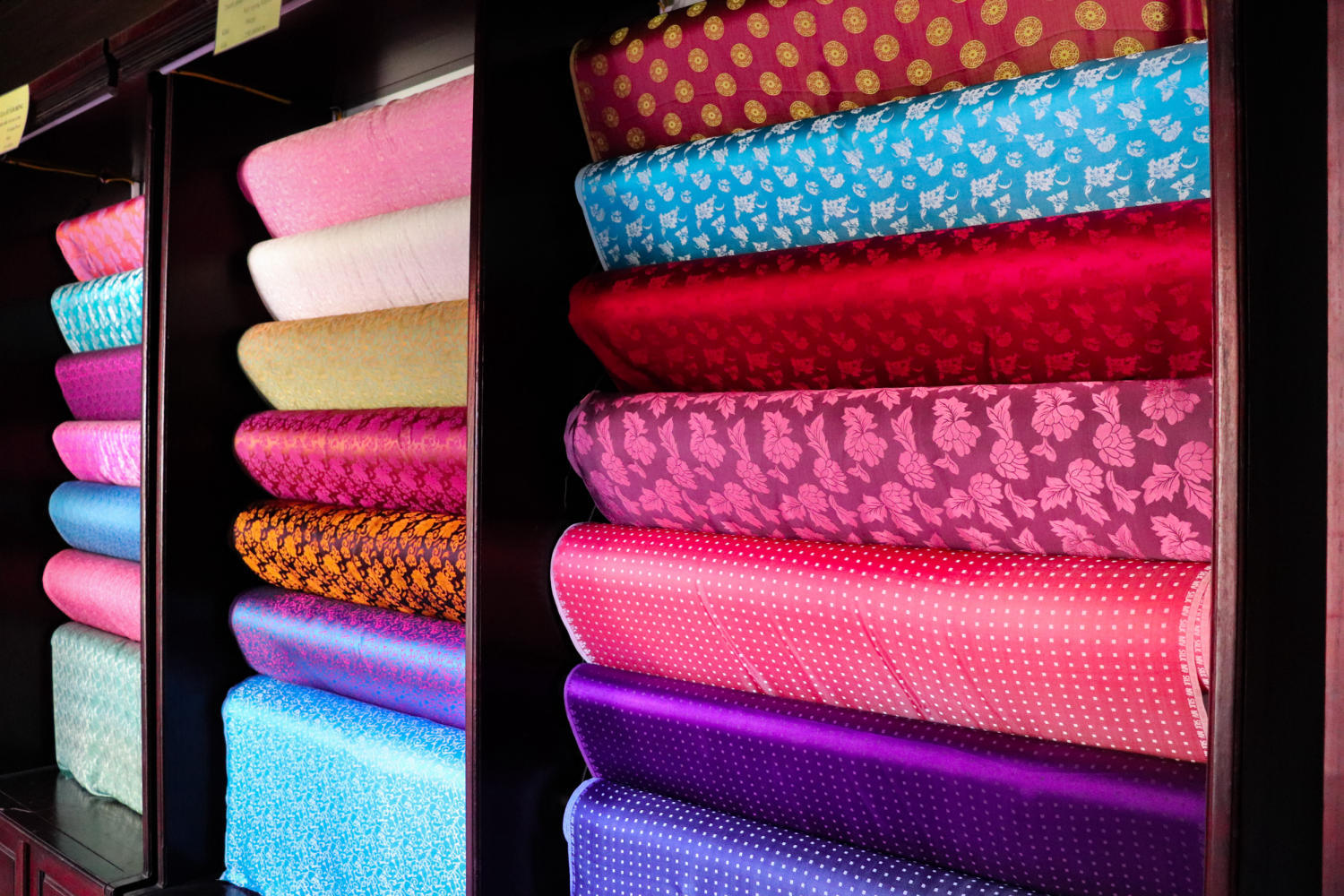
3. Famous Silk-Producing Villages in Vietnam
3.1. Vạn Phúc Silk Village (Hà Đông – Hanoi)
Often considered the cradle of Vietnamese silk, Vạn Phúc village has been weaving silk for over 1,000 years. Located just 10km from central Hanoi, this village remains one of the country’s most important silk centers.
Highlights: Soft “Van silk,” traditional patterns, custom-made áo dài, silk scarves.
3.2. Nha Xá Silk Village (Hà Nam)
With a history dating back nearly 600 years, Nha Xá village is known for its high-quality handwoven silk. Here, locals continue the traditional practice of spinning and weaving silk manually.
Highlights: Durable silk fabric, colorful patterns, family-run weaving workshops.
3.3. Mã Châu Silk Village (Quảng Nam)
Located near Hội An, Mã Châu village played a key role in ancient trading during the 15th century. Its silk was sought after by merchants from Japan, China, and Europe.
Highlights: Historical setting, silk scarves, fabric for high-end tailoring.
3.4. Cổ Chất Village (Nam Định)
Less known to tourists, but highly respected among Vietnamese textile artisans, Cổ Chất silk was historically favored by French colonialists, who even built a silk reeling factory here.
Highlights: Rare silk styles, natural golden threads, boutique silk products.
3.5. Bảo Lộc – The Silk Capital of Vietnam
Situated in Lâm Đồng province, Bảo Lộc is now recognized as the industrial heart of Vietnam silk production. The region specializes in large-scale sericulture and exports various high-grade silk types.
Highlights: Modernized silk mills, high-end satin and jacquard silk, eco-friendly silk brands.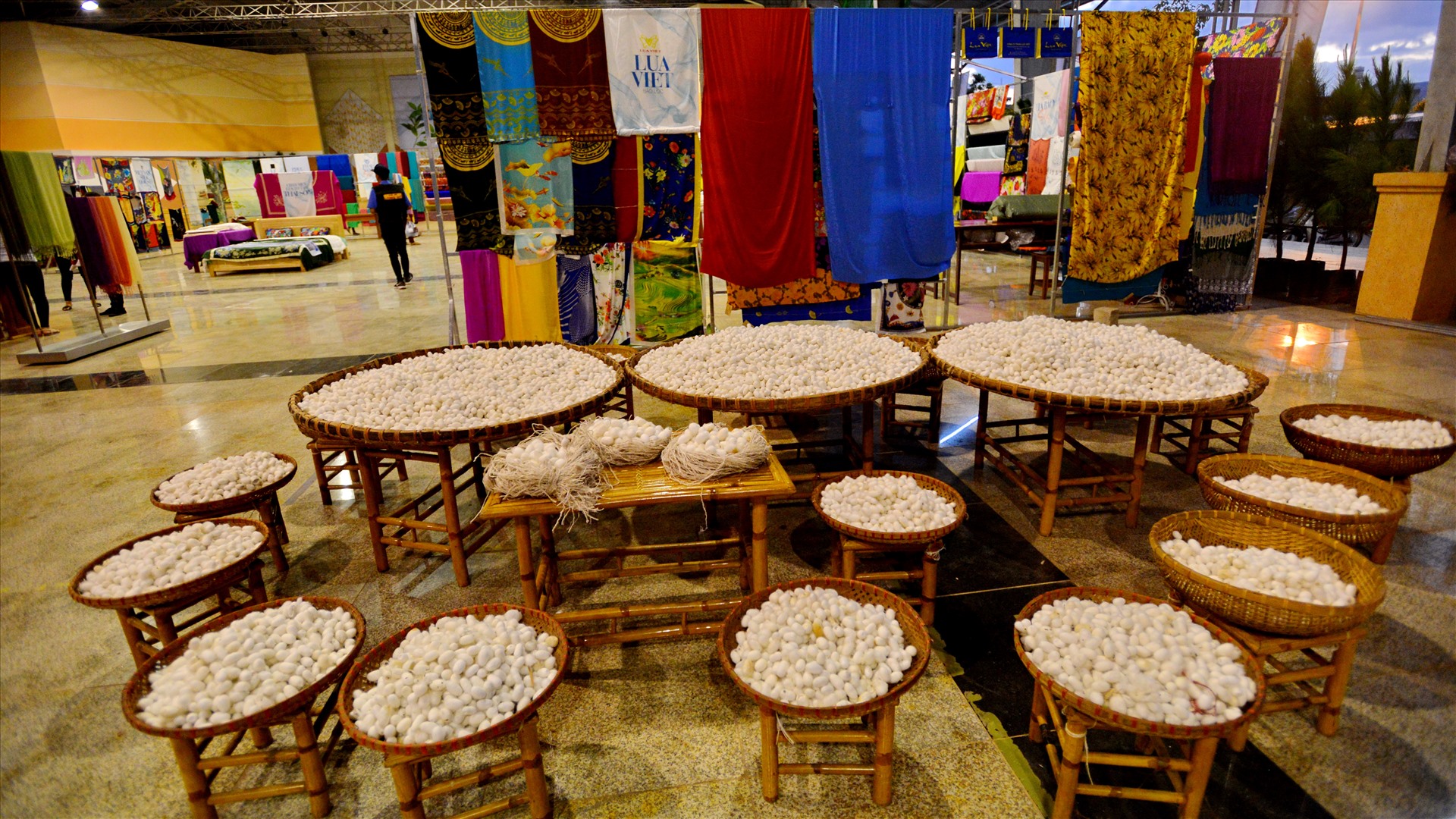
4. The Silk-Making Process in Vietnam
Producing authentic Vietnam silk is an intricate process that blends traditional wisdom with natural materials.
4.1. Step-by-Step Process
- Mulberry Cultivation: Mulberry trees are grown for their leaves, which are the exclusive food for silkworms.
- Silkworm Raising: Silkworms feed for approximately 3 weeks before spinning their cocoons.
- Cocoon Harvesting: The cocoons are collected and steamed or boiled to loosen the silk thread.
- Reeling Silk: Each cocoon provides a single thread that can be up to 1,000 meters long.
- Spinning and Weaving: Threads are hand-spun or machine-woven into fabric.
- Dyeing and Finishing: Natural dyes are applied, and the fabric is stretched, softened, or printed based on design.
4.2. Types of Vietnamese Silk
- Satin Silk: Smooth, glossy finish ideal for high-fashion.
- Raw Silk: Textured and rustic, often used for scarves and accessories.
- Jacquard Silk: Pattern-woven, commonly used for áo dài.
- Habutai Silk: Lightweight and perfect for blouses or lining.
- Silk from Lotus or Sen Fibers: An emerging, luxurious eco-silk innovation.
5. Challenges Facing the Vietnam Silk Industry
Despite its quality and cultural value, Vietnam silk faces several modern challenges:
✖ Lack of Global Branding
Most Vietnam silk is exported as raw silk or unbranded fabric, limiting its recognition on global fashion platforms.
✖ Dependency on Imported Silkworms
Over 90% of commercial silkworm breeds are still imported, primarily from China. This affects the consistency and sustainability of local production.
✖ Small-Scale, Fragmented Production
Many silk villages operate independently, lacking access to capital, modern equipment, or marketing expertise.
✖ Competition from Industrial Silk Producers
Countries like China, India, and Thailand have heavily automated their silk production, reducing costs and increasing global market share.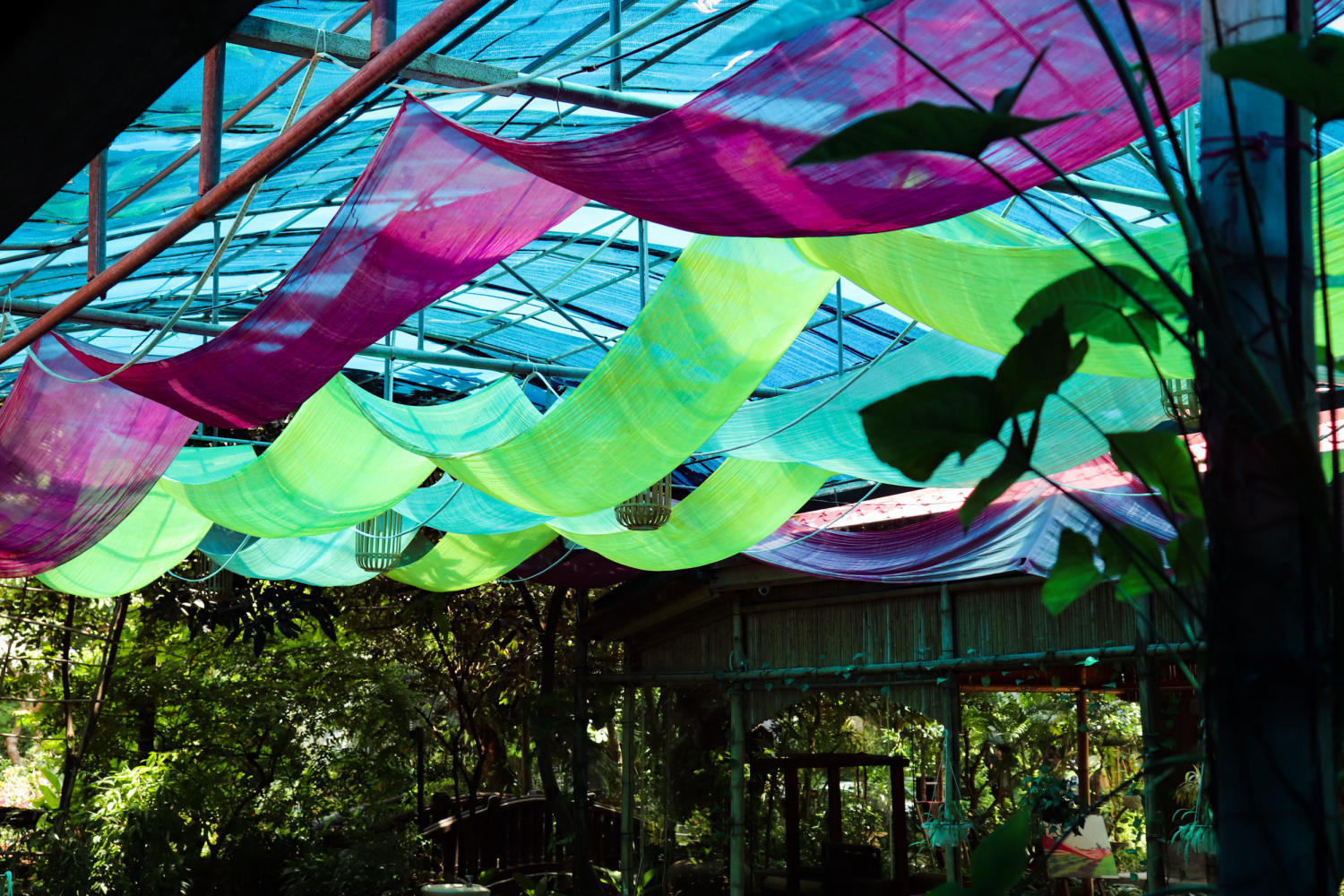
6. Reviving Vietnam Silk: Modern Innovation Meets Tradition
To revitalize Vietnam’s silk legacy, a number of initiatives are in progress:
✅ Government and NGO Support
Programs supporting sericulture research, domestic silkworm breeding, and village-level cooperatives are helping farmers and artisans gain greater resilience.
✅ Eco-Silk Movements
There’s a growing emphasis on sustainable silk production, especially in Bảo Lộc, where organic farming and natural dyeing are prioritized.
✅ Youth Entrepreneurship
Young Vietnamese designers are embracing silk in contemporary fashion. Brands like Metiseko, Lụa Hà Đông, and VietSilk blend traditional fabrics with modern cuts and international appeal.
✅ Silk Festivals and International Fairs
Events like the Vietnam National Craft Village Festival and Hội An Silk Festival attract global buyers and media, shining a spotlight on Vietnam silk heritage.
7. Where to Buy Authentic Vietnam Silk
Whether you’re in Vietnam or shopping from abroad, here are tips to find genuine Vietnam silk:
🌿 In Vietnam
- Vạn Phúc Silk Village (Hanoi): Offers workshops, retail stores, and custom tailoring.
- Hội An Ancient Town: Many shops offer locally made silk garments and accessories.
- Bảo Lộc City: For serious buyers and exporters, Bảo Lộc hosts major silk factories.
🌐 Online
- Metiseko (www.metiseko.com): Ethical fashion using natural Vietnam silk.
- Ha Dong Silk Company: Traditional silk collections for export.
- Etsy or Amazon Handmade: Some Vietnamese sellers offer worldwide shipping.
Caution: Real silk is lightweight, cool to touch, and burns like hair when tested. Be wary of synthetic “silk-like” fabrics often sold at tourist markets.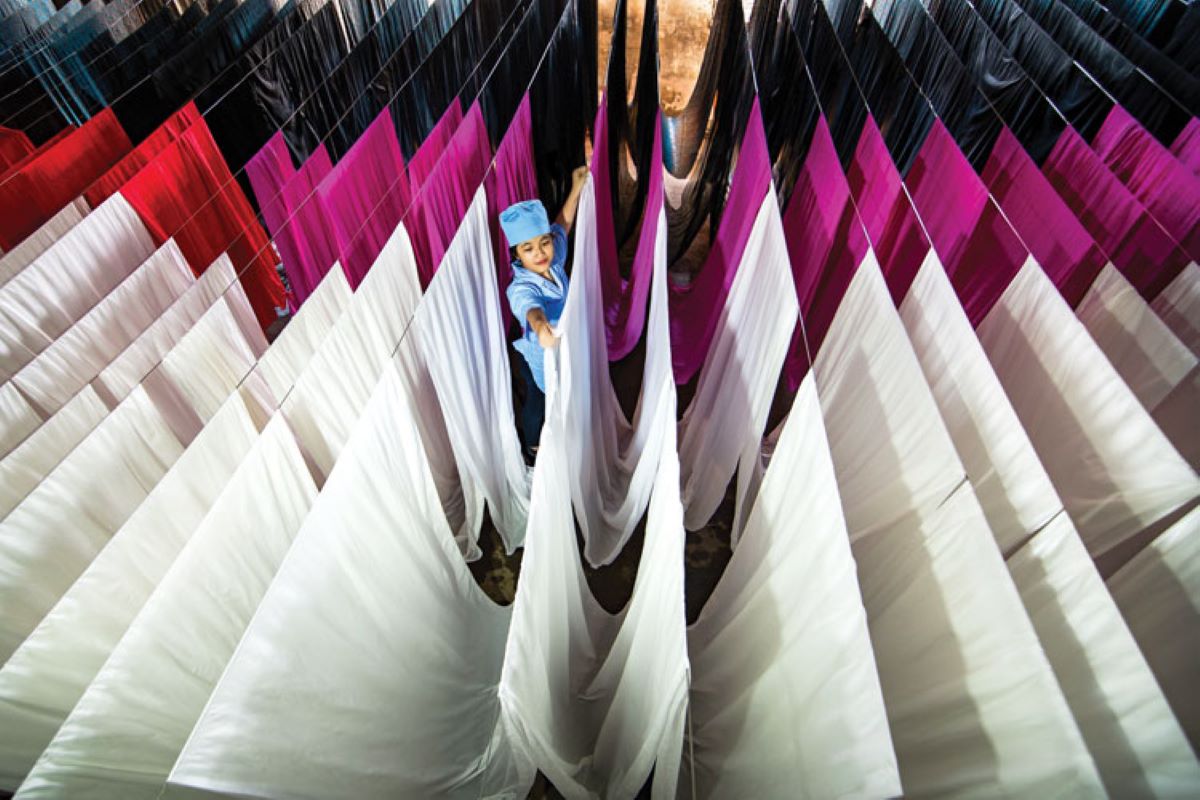
8. Conclusion: Why the World Should Discover Vietnam Silk
Vietnam silk stands at the intersection of art, tradition, and sustainability. It represents the labor of thousands of farmers, weavers, and artisans who have preserved this timeless craft for generations. In a world increasingly dominated by fast fashion and synthetic materials, Vietnam silk offers a more meaningful alternative — one rooted in heritage and human touch.
As Vietnam continues to modernize its silk industry and share its story with the world, now is the perfect time for global fashion lovers, designers, and eco-conscious consumers to discover and support Vietnam silk — not just as a product, but as a cultural legacy worth celebrating with Vietnam Travel.
See more post: Vietnam traditional handicrafts – Timeless artistry illuminating the world

